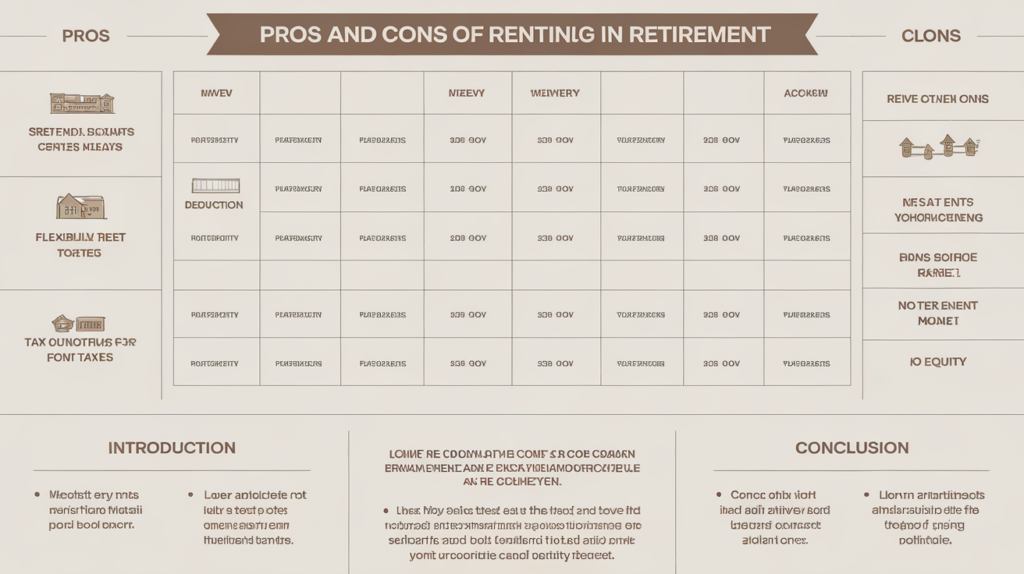What to Do When Your Home Insurance Policy is Not Renewed
In recent times, homeowners across the United States have faced increasing challenges in securing home insurance coverage. Major insurance companies like Allstate, State Farm, and Farmers Insurance have either stopped selling new home insurance policies or limited their offerings in states like California and Florida. These decisions are often driven by financial losses from natural disasters such as wildfires, floods, and hurricanes. As a result, homeowners are left with fewer options and greater uncertainty. If you find yourself in a situation where your insurer is not renewing your policy, here are some steps you can take to ensure you remain protected.
Contact Your Insurance Company
If your home insurer decides not to renew your policy or cancels it outright, the first step is to reach out to them. Nonrenewal typically occurs when your coverage is close to expiring, while cancellation can happen at any time. One common reason for nonrenewal is that your home is located in an area now considered high-risk for disasters. Generally, insurers notify you 30 to 60 days before your coverage is set to end.
When you contact your insurance company, ask for the specific reasons behind their decision. Understanding the rationale can help you take appropriate actions. For instance, if you live in a disaster-prone area, you might be able to “harden” your home to make it more resilient to wildfires or floods. This could involve installing a fire-resistant roof or retrofitting your home with fire-resistant windows, which may persuade your insurer to maintain your coverage.
Even if your current insurer indicates they might reverse their decision, it’s wise to explore other options. Check out your state’s FAIR (Fair Access to Insurance Requirements) plan, which offers coverage to those who can’t obtain it elsewhere. Additionally, if you feel you’re being treated unfairly, contact your state’s insurance regulator. You can find a list of state insurance regulators on the National Association of Insurance Commissioners’ website.
It’s important to note that while an insurer can refuse to renew your policy, they generally can’t cancel it if your coverage has been in effect for more than 60 days, except in cases of non-payment, fraud, or misrepresentation.
Shop for New Insurance
If you’re facing nonrenewal or limited coverage options, you may need to shop for a new home insurance policy. Here are some tips to help you find the right coverage:
Investigate Your Options
If you’re unsure which insurers are still operating in your state, contact your state’s insurance regulator. They can provide a list of licensed home insurers. This will give you a starting point for your search.
Compare Insurance Quotes
Use online marketplaces like Gabi, a part of Experian, or consult an insurance broker to compare homeowners insurance rates. Brokers can offer policies from various companies, giving you a broader range of options. The Insurance Information Institute recommends obtaining quotes from at least three insurers to fully compare prices and coverage.
Focus on More Than Price
While it’s tempting to choose the cheapest option, the lowest-priced home insurance might not be the best fit for your needs. Consider the types of coverage available, the range of discounts, deductibles, and the company’s reputation. A comprehensive policy that meets your specific requirements is often worth the extra cost.
Know Your Mortgage Company’s Requirements
If you have a mortgage, your lender typically requires you to carry home insurance. In some cases, the insurance premium is paid through your mortgage escrow account. Ensure that any new policy you consider meets your lender’s requirements to avoid complications.
Look Into Government Plans
Every state offers some form of a FAIR plan, which serves as a “last resort” for securing home insurance. Some states have a single plan, while others have multiple plans run by different insurers. Additionally, some states offer “assigned risk” plans, similar to FAIR plans.
However, the National Association of Insurance Commissioners warns that these plans often cost more than traditional coverage and provide limited protection. Coverage under FAIR plans varies by state, but they generally offer at least dwelling coverage. Optional coverage for personal belongings and other structures on your property may also be available.
Keep in mind that personal liability and loss-of-use coverage are typically not included in FAIR plans. Personal liability coverage protects you if you’re at fault for someone else’s injury on your property or damage to their property. Loss-of-use coverage pays for living expenses if you can’t occupy your home while it’s being repaired or rebuilt after an insured incident.
The Bottom Line
It can be frustrating and stressful if your home insurer doesn’t renew your policy or if home insurers are no longer selling coverage in your state. However, you have options. A different insurance company or a FAIR plan may provide the coverage you need. Additionally, maintaining a good credit score can help you secure better rates, as insurers often use credit-based insurance scores to set prices. Regularly check your credit score and report, making adjustments as necessary to improve your score.
At O1ne Mortgage, we understand the importance of protecting your home and your investment. If you need assistance with your mortgage or have any questions about securing the right home insurance, don’t hesitate to call us at 213-732-3074. Our team of experts is here to help you navigate the complexities of home insurance and ensure you have the coverage you need.







